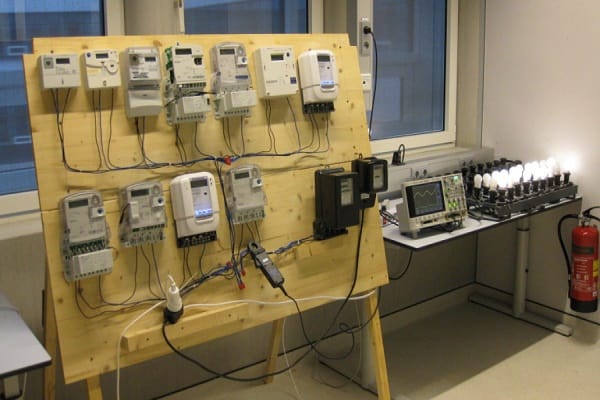Energy meters giving false readings
A recent study has shown that some electronic energy meters can give false readings that are up to 582% higher than actual energy consumption. The study was done by the University of Twente (UT) along with the Amsterdam University of Applied Sciences (AUAS).
For quite a while, there were rumours about electronic energy meters that give excessively high readings. In conjunction with Cees Keyer and Anton Melentjev, Professor Frank Leferink tested nine different meters created between 2004 and 2014.
ADVERTISEMENT
Through the use of energy saving light bulbs, heaters, LED bulbs and dimmers, five out of the nine meters read 582% higher than what the actually energy consumption was. On the other hand, two of the meters read 30% lower than what was consumed.
The main culprits were dimmers if they were combined with energy saving light bulbs and LED lights as well as the design of the system. Creators of new electronic energy readers did not allow for the erratic patterns o f energy efficient switching devices.
The researchers found that the ones associated with high readings contained a ‘Rogonowski Coil’ while those associated with low readings contained a ‘Hall Sensor’.
Frank also commented on the situation saying “the energy meters we tested meet all the legal requirements and are certified. These requirements, however, have not made sufficient allowance for modern switching devices’.
The UT professor says that inaccurate meters have been installed in approximately 750,000 Dutch households. As a result, traditional energy meters in the Netherlands are being replaced with electronic variants known as ‘static energy meters’.
Dutch residents can get their meters checked by an ‘accredited inspection company’ but will need to cover costs if everything is correct.
-
ADVERTISEMENT
-
ADVERTISEMENT


